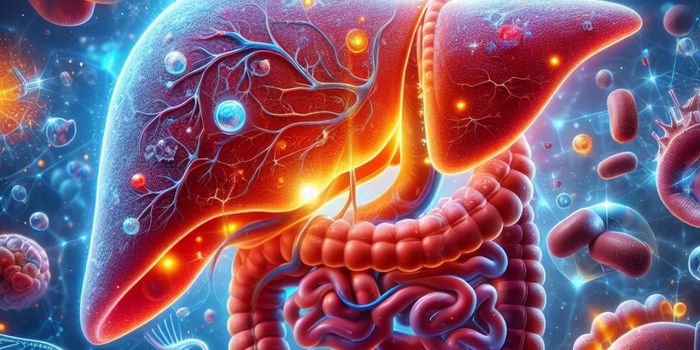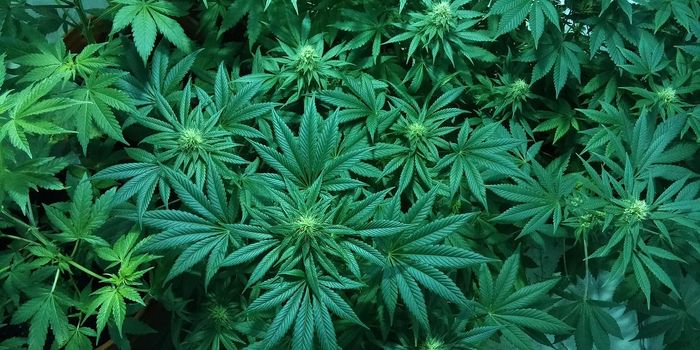The Use of Cannabis in Conjunction with Opioids
In the wake of the opioid epidemic, a state has taken a proactive step to curb the addiction and mortality rate brought on by the use of opioids. On April 26th, Illinois passed the Senate Bill 336 by a 44-6 Bipartisan vote that will allow patients with a prescription for opioids to temporarily qualify for the states medical marijuana program. The bill now heads to the House, if passed it would allow patients that have a prescription for opioids and a signed note from their doctor to buy medical marijuana from licensed dispensaries. Patients would receive a 12-month temporary card at which at the end of the period would be allowed to apply for a more permanent medical marijuana card if the need for medication still existed.
Across this nation pain management doctors deny patients either access to opioids or access to cannabis if they are using one of the substances. It is believed by some that you cannot use them in conjunction. However, in 2011, a UCSF study lead by Dr. Donald Abrams MD, professor of Clinical Medicine at UCSF and chief of the Hematology-Oncology Division at San Francisco General Hospital and Trauma Center suggests patients with chronic pain may experience greater relief with the added use of cannabinoids to an opiates-only treatment plan. A human study suggests that a combined therapy could result in reduced opiate dosages. In a paper published in Clinical Pharmacology and Therapeutics, researchers concluded that the combination of opioids and cannabinoids reduced pain more than using opiates alone. Twenty one sufferers of chronic pain on a regimen of twice-daily doses of sustained-release morphine or oxycodone underwent a 5-day study. Contrary to some belief, pharmacokinetic investigations revealed no significant change in the area under the plasma concentration-time curves for either morphine or oxycodone after exposure to cannabis. Results concluded that vaporized cannabis augments the analgesic effects of opioids without significantly altering plasma opioid levels. The combined therapy may allow for opioid treatment at lower doses.
The National Institute on Drug Abuse studied three medical marijuana policies and found that legally protected marijuana dispensaries were associated with lower rates of dependence on prescription opioids and deaths due to overdose.
Legal in 29 countries, an oral cannabinoid spray named nabiximol found significant success in sustaining the pain-killing properties of nabiximol without escalating the dose of opioids. Nabixomol also known as Sativex contains 2.7 mg of THC and 2.5 mg of CBD in one metered dose. In a randomized, double-blind, placebo-controlled, graded-dose study, patients with advanced cancer and opioid-refractory pain showed that the proportion of patients reporting analgesia was greater for nabiximols than placebo overall. It was observed that best efficacy occurred at the controlled lower doses of nabiximol compared to the higher dose which compared unfavorably with placebo.
There is controversy over whether opioids and cannabis should be used in conjunction. However, studies show that they do work well together. Some are concerned about the interaction cannabis has with the P450 enzyme that metabolizes almost all pharmaceutical drugs. Cannabis is known to inhibit this enzyme, leading to the concern that opioid levels will increase in plasma. There are studies that show this does not occur at common doses of cannabis. There is also the belief that cannabis increases the amount of dopamine one produces which in combination could elevate the risk of concurrent dependency or abuse. The National Institute on Drug Abuse studied three medical marijuana policies and found that legally protected marijuana dispensaries were associated with lower rates of dependence on prescription opioids and deaths due to overdose. Take a trip to a dispensary in a state with a medical marijuana program and you will see how effective cannabis is helping patients wean off opioids.
Sources:Leafly,Nabiximol, Chicago Tribune, Cannabis Business TImes, UCSF, NCBI, YouTube









